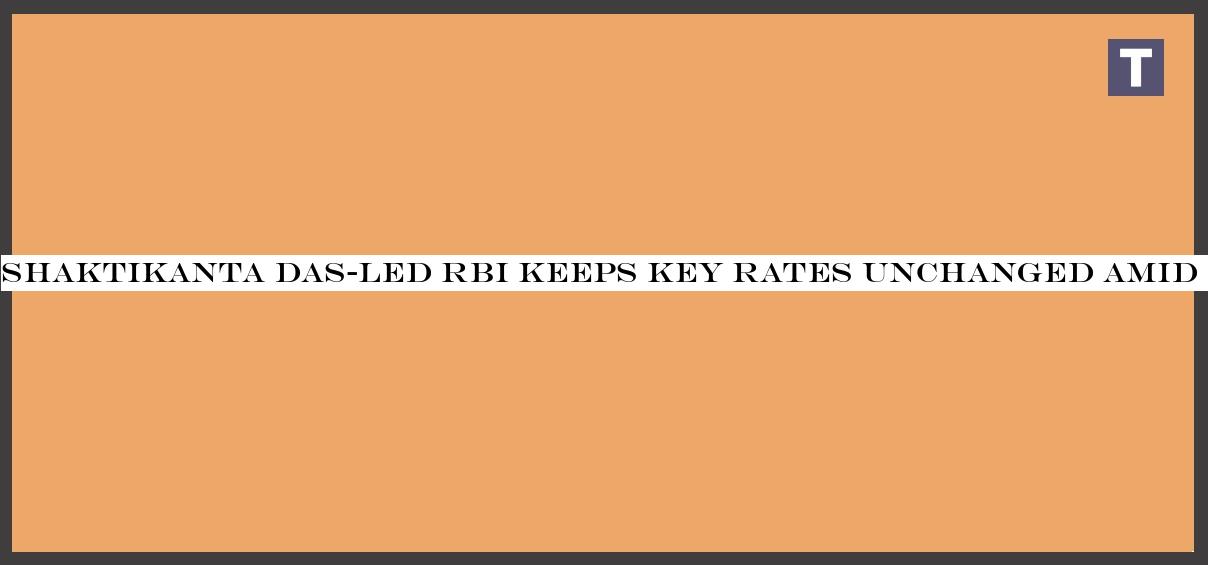INSUBCONTINENT EXCLUSIVE:
RBI Monetary Policy: Shaktikanta Das said the COVID-19 war is most intense at the current junctureHighlightsRBI leaves repo rate at 4.0%,
reverse repo rate at 3.35% Most analysts had expected 25-basis-point reduction in repo rate Monetary Policy Committee rules out rate
hike for time being
The Reserve Bank of India on Thursday left the repo rate and other key policy rates
unchanged at existing levels taking stock of a recent rise in consumer inflation, and said it would ensure retail prices are contained
within its medium-term target going forward
Governor Shaktikanta Das said the RBI's Monetary Policy Committee unanimously decided to keep the key rates unchanged and maintain an
"accommodative" stance for "as long as necessary to revive growth and mitigate the impact of COVID-19, while ensuring that inflation remains
within the target going forward"
With the status quo on key lending rates, the repo rate - or the rate at which the RBI lends short-term funds to commercial banks
misses expectations of two-thirds of analysts in a poll by news agency Reuters, who had predicted a 25-basis-point cut in the repo rate.The
RBI Governor said the "war against COVID-19 is most intense at the current juncture and the world is bracing up for a second wave as it
expected to remain in a contractionary mode in both the first half and the entire financial year 2020-21, the RBI Governor said in a virtual
address to media.Economic activity in the country had started to recover from the lows of April-May, but the rise in COVID-19 infections has
said.Manufacturing firms expect demand in the country to recover gradually from the September quarter and to sustain through the first
that the restructuring framework for troubled but healthy small businesses is already in place, which has provided relief to a large number
Mr Das said the RBI will now bring stressed MSMEs eligible for restructuring their debt, provided their accounts were classified as
This restructuring will be implemented by March 31, 2021, he said.Mr Das said the Monetary Policy Committee expects inflation to remain at
elevated levels in the July-September period, and ease in second half of the current financial year aided by a "favourable base effect"
The Monetary Policy Committee has assessed that Covid-19-related supply chain disruptions persist due to COVID-19, with implications for
both food and non-food prices.The central bank has already reduced the repo rate by a total of 115 basis points since February, on top of
the 135 basis points in an easing cycle last year, from 6.50 per cent.

